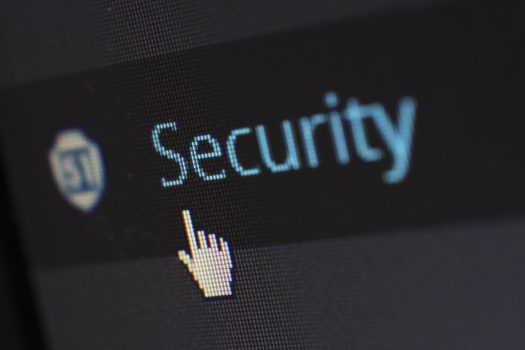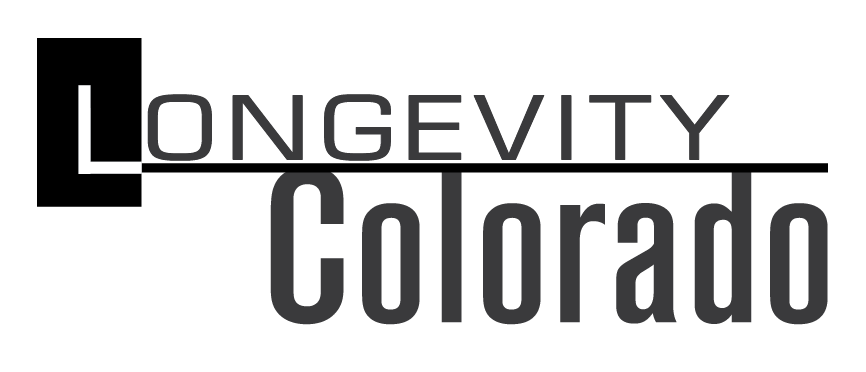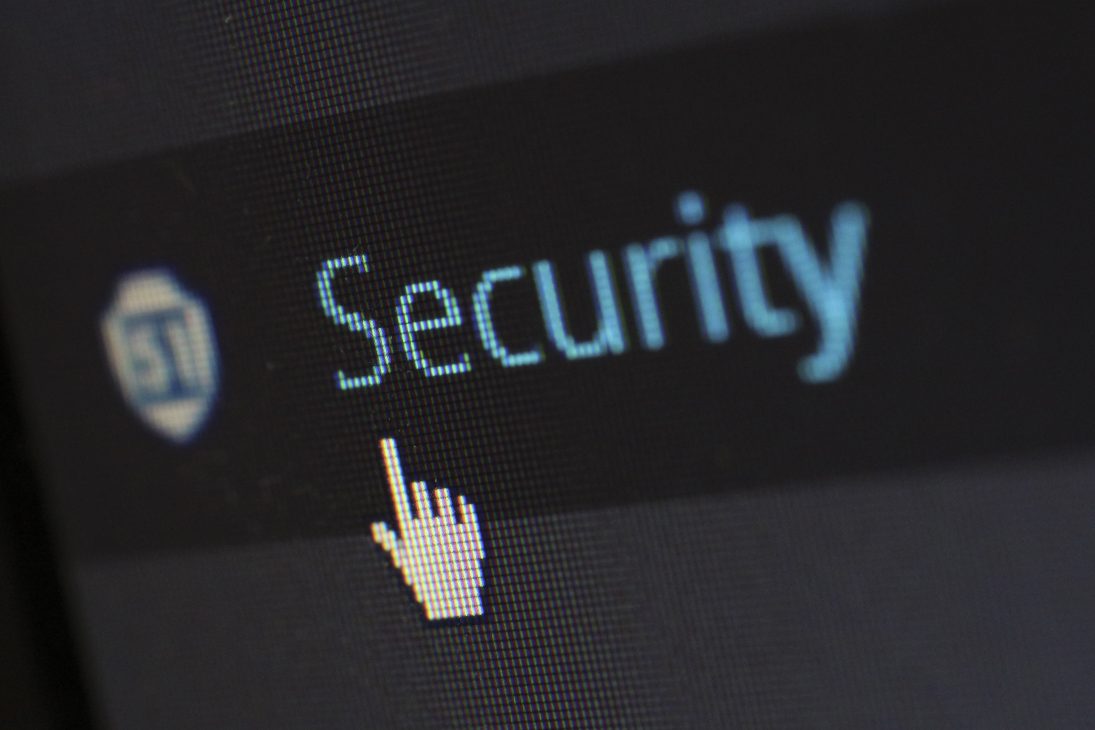I recently heard from a longtime friend in Boston. His wife, long troubled by Multiple Sclerosis, had suffered a stroke at age 64. Her speech, coordination, strength and balance were profoundly affected. She was out of the hospital and in a rehabilitation facility, but the process of recovery will be slow and the outcome uncertain.
By: Margaret Franckhauser, NextFifty Initiative
Guest Blog
I recently heard from a longtime friend in Boston. His wife, long troubled by Multiple Sclerosis, had suffered a stroke at age 64. Her speech, coordination, strength and balance were profoundly affected. She was out of the hospital and in a rehabilitation facility, but the process of recovery will be slow and the outcome uncertain.

Because of her MS, she had been unable to work outside the home for years. An organized woman, she took over management of the family household. She crafted all the domestic contracts - with utilities, the mortgage company, the town and the bank. She paid all the bills. She kept all the records. She was thoughtful and kept them secure…in her computer, password protected. She went one step further – where she could, she used facial recognition to access her accounts. But here is where the problem begins: when she could no longer manage the household accounts because of her stroke, her overwhelmed husband had no way of accessing the data. He had no idea how she organized the computer files and no way of entering them. She had never shared the logins or passwords, never written them down. And now, she could not communicate them to anyone. Her face, profoundly altered by the stroke, was not recognized by the facial recognition software.
My friend went from company to company and from the town to the bank in painful attempts to transfer control of the accounts from her name to his and to access the existing data. It was not easily done. Accounts were often in her name alone, not his. Even where he was named, he was not the identified contact. The transfer of responsibility required a lawyer, notes from physicians, days away from work. It is still not complete months later. In addition to his grief dealing with her illness, he found himself dealing with near financial crisis.
My friend is not foolish. He is just like us. In most American households, one person manages the finances and other business details of household life. It is a smart division of responsibility until it is not. When the critical household administrator loses his/her capacity to manage details because of travel, illness, or death, the entire household goes into a functional tailspin.
What can we do?
None of us can predict sudden disability, but we should all be prepared. The era of bills arriving by mail is long gone and will never return. We need to give thought to who manages our finances and identify who would need to access financial records in the event of a personal problem. The first step is to write down the names and contacts of credit card companies, bank accounts, utilities, mortgages and other vendors. The next step is to record login and password details, keep them in a secure location and tell partners or family where they can be found. It is also imperative to keep them up to date.
We need to give thought to who manages our finances and identify - who would need to access financial records in the event of a personal problem?
We need to give thought to the systems we routinely use to communicate with our accounts. Are the access points found on a shared computer or a smartphone? If it is the latter, is a trusted partner able to enter the smartphone? Does access require a fingerprint or facial recognition or is it achieved via a series of characters or patterns that can be written down? Many of the devices and tools we consider conveniences can also lock out those who need to assume responsibility in the event we cannot manage alone.
These are not easy matters to ponder, but they merit attention. After my husband and I heard our friend’s sad tale, we immediately wrote down details and instructions to access our accounts. Next week, we meet with the bank to be sure both of us have equal access to accounts. We are on our way. Are you prepared?
These are not easy matters to ponder, but they merit attention. After my husband and I heard our friend’s sad tale, we immediately wrote down details and instructions to access our accounts. Next week, we meet with the bank to be sure both of us have equal access to accounts. We are on our way. Are you prepared?
About the Author
Margaret Franckhauser
MS, MPH President and CEO, NextFifty Initiative
As president and CEO of the NextFifty Initiative, a Colorado-based, private foundation, Margaret overseas how the organization vets promising grant ideas, awards grant funding and moves the needle to impact aging. Margaret has a background in healthcare practice, health policy & regulation and healthcare administration and has served on numerous community, state and national boards of directors of health-related and grant-making organizations.
Follow: @50initiative
Connect: NextFifty Initiative
Learn More: www.next50initiative.org


